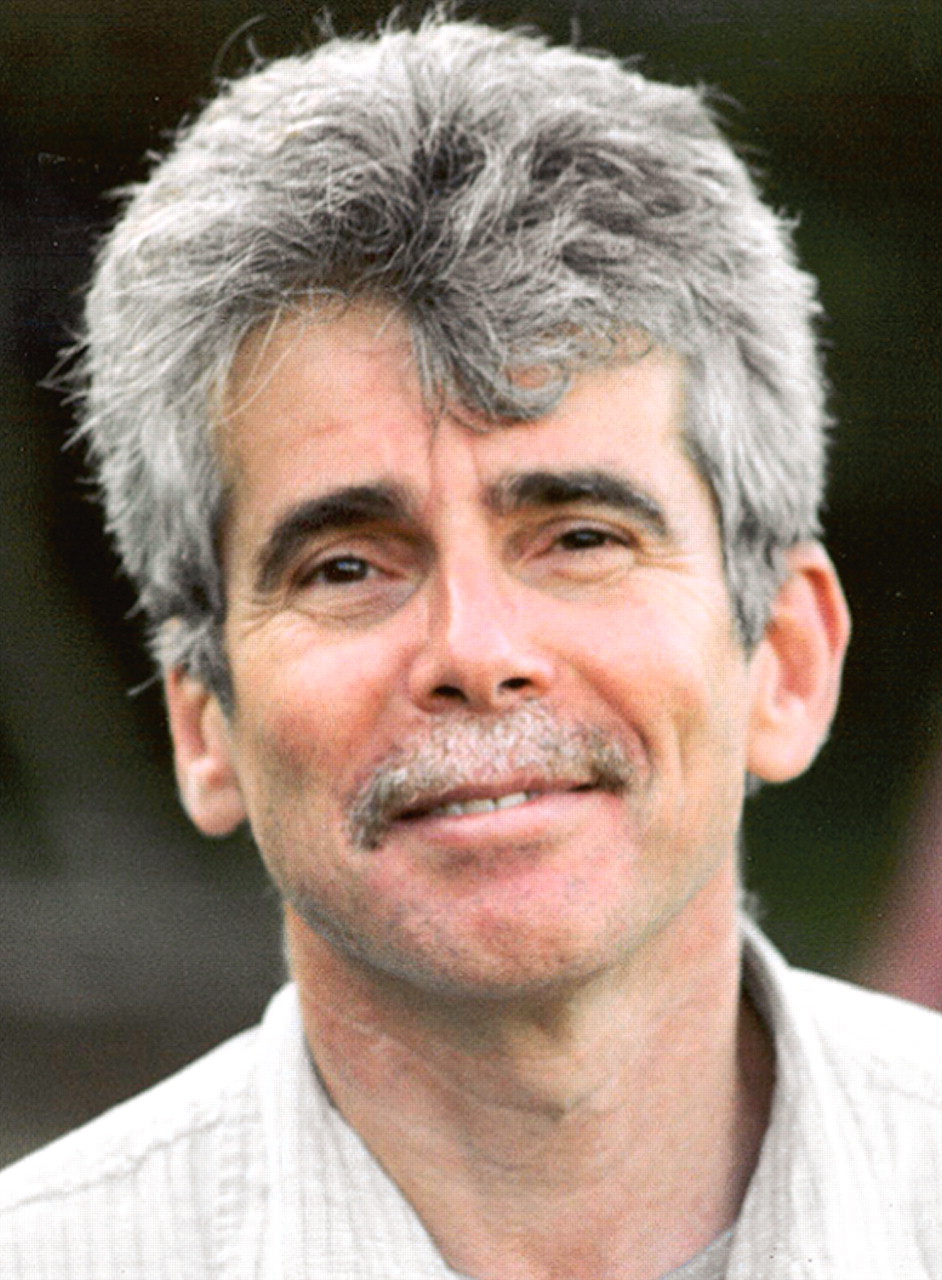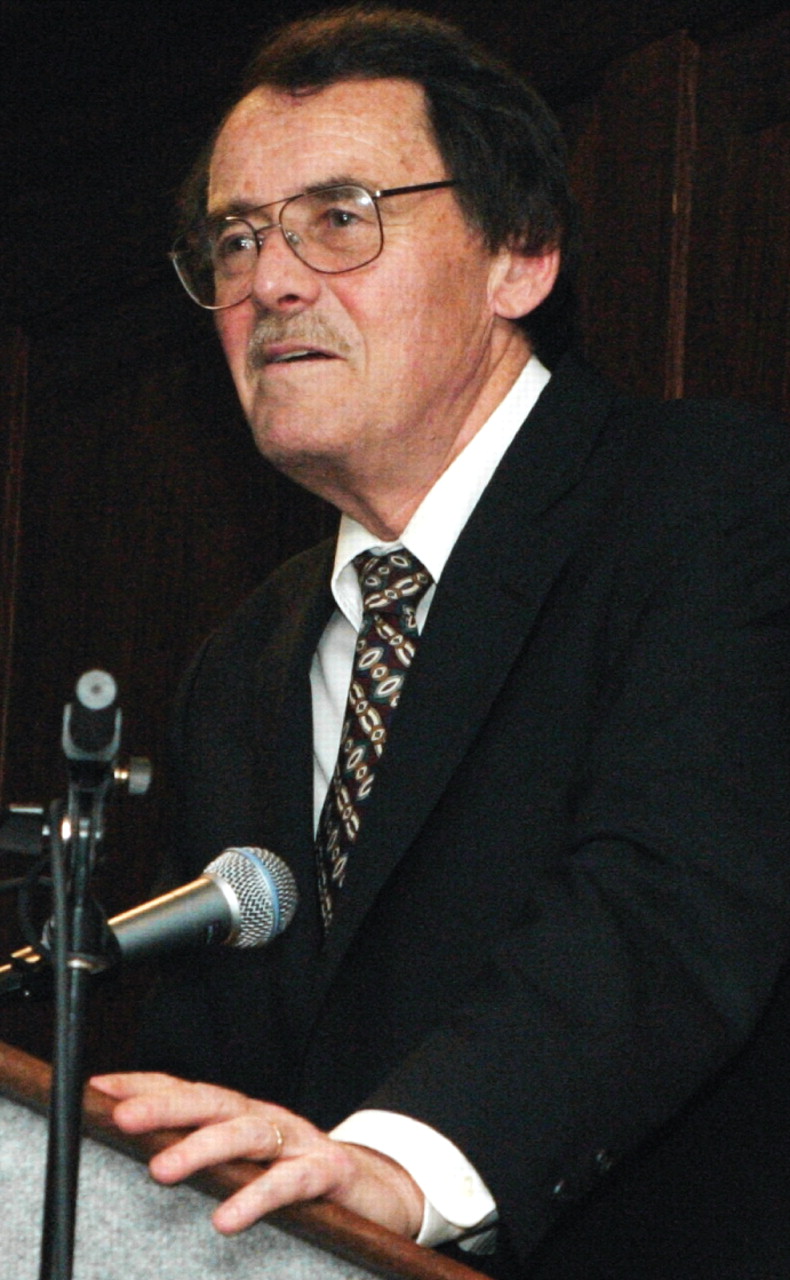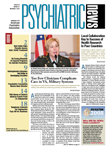In September 2006, Wayne Fenton, M.D., who had been associate director of the National Institute of Mental Health (NIMH), was murdered by a severely mentally ill patient he had treated in his private office, leaving behind countless grieving colleagues in schizophrenia research.
To mark the occasion, Schizophrenia Bulletin dedicated its September issue to Fenton and inaugurated the annual Wayne Fenton Award for Exceptional Clinical Care.
Awardee Named
The first awardee, honored posthumously, is the late Gerard Hogarty, M.S.W., a pioneer in psychosocial treatments for schizophrenia. Hogarty, who died last year, had been a professor emeritus of psychiatry at the University of Pittsburgh School of Medicine. At last year's Institute on Psychiatric Services, he was posthumously awarded the American Psychiatric Foundation Alexander Gralnick, M.D., Award for Research in Schizophrenia (Psychiatric News, November 3, 2006).
In last month's Bulletin, former colleagues Shaun Eack, M.S.W., and Rohan Ganguli, M.D., of the University of Pittsburgh School of Medicine, and Nina Schooler, Ph.D., of Georgetown University School of Medicine, described Hogarty's contributions and the evolution of his work in psychosocial rehabilitation.
“Hogarty's art as a clinician not only ensured his personal effectiveness with patients, but also when combined with his passion for science spurred the development, refinement, and empirical validation of four major psychosocial treatments for persons with schizophrenia (major role therapy [MRT], family psychoeducation, personal therapy [PT], and cognitive enhancement therapy [CET]),” they wrote. “These psychosocial treatments have expanded the treatment possibilities for this population and have significantly advanced the care that such individuals receive, not only in Pittsburgh, where he spent the last 31 years of his professional career, but also throughout the world.”
Bulletin Editor William Carpenter, M.D., explained the significance of an award in Fenton's memory.
“Those of us working in the field know Wayne Fenton's very substantial vision and leadership contributions,” he told Psychiatric News. “What was striking at his funeral and memorial service several weeks later at NIMH were the stories of Wayne's exceptional efforts and creative approaches in his care of patients. There are a number of awards to recognize research excellence. We thought it would be fitting to recognize exceptional clinical work.”
Fenton's Contributions
In addition to the article on Hogarty, the Bulletin includes a number of manuscripts describing Fenton's contributions to schizophrenia treatment and research, along with commentaries by NIMH Director Thomas Insel, M.D., and others.
One commentary was an anonymously written firsthand account by a patient who had been treated by Fenton. “A mutual respect infused our relationship,” the patient wrote, “and I believe that allowed us to fully trust one another and anticipate one another's reactions. We had an unspoken understanding between us, like a dance where the steps were seamless and carried out in unison, a dance that can only be performed with patience and genuine understanding. Sometimes he led, sometimes I did. It was a kind of collaboration and cathexis rarely witnessed or experienced, and now that it is gone, it is painfully and sorely missed.”


